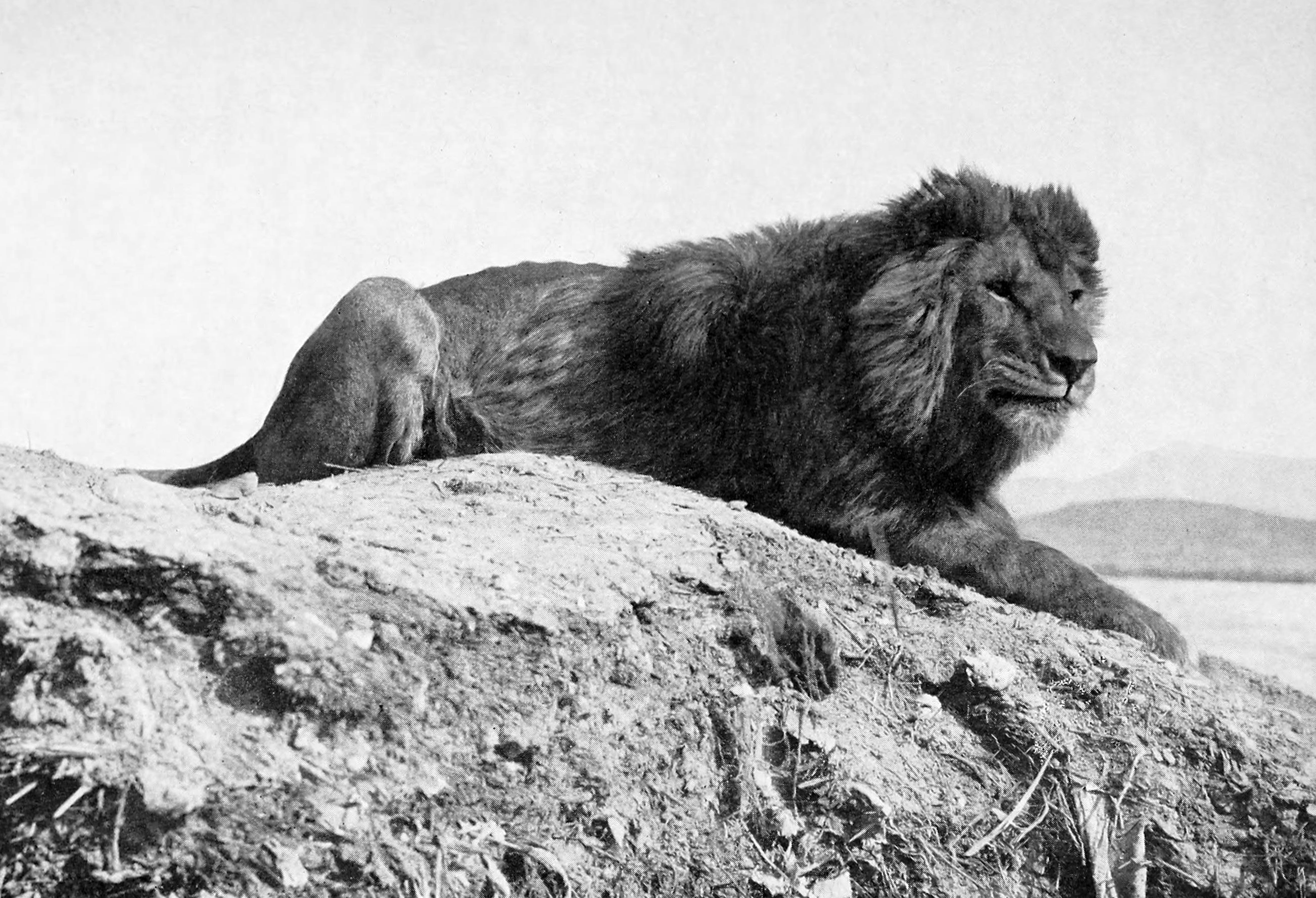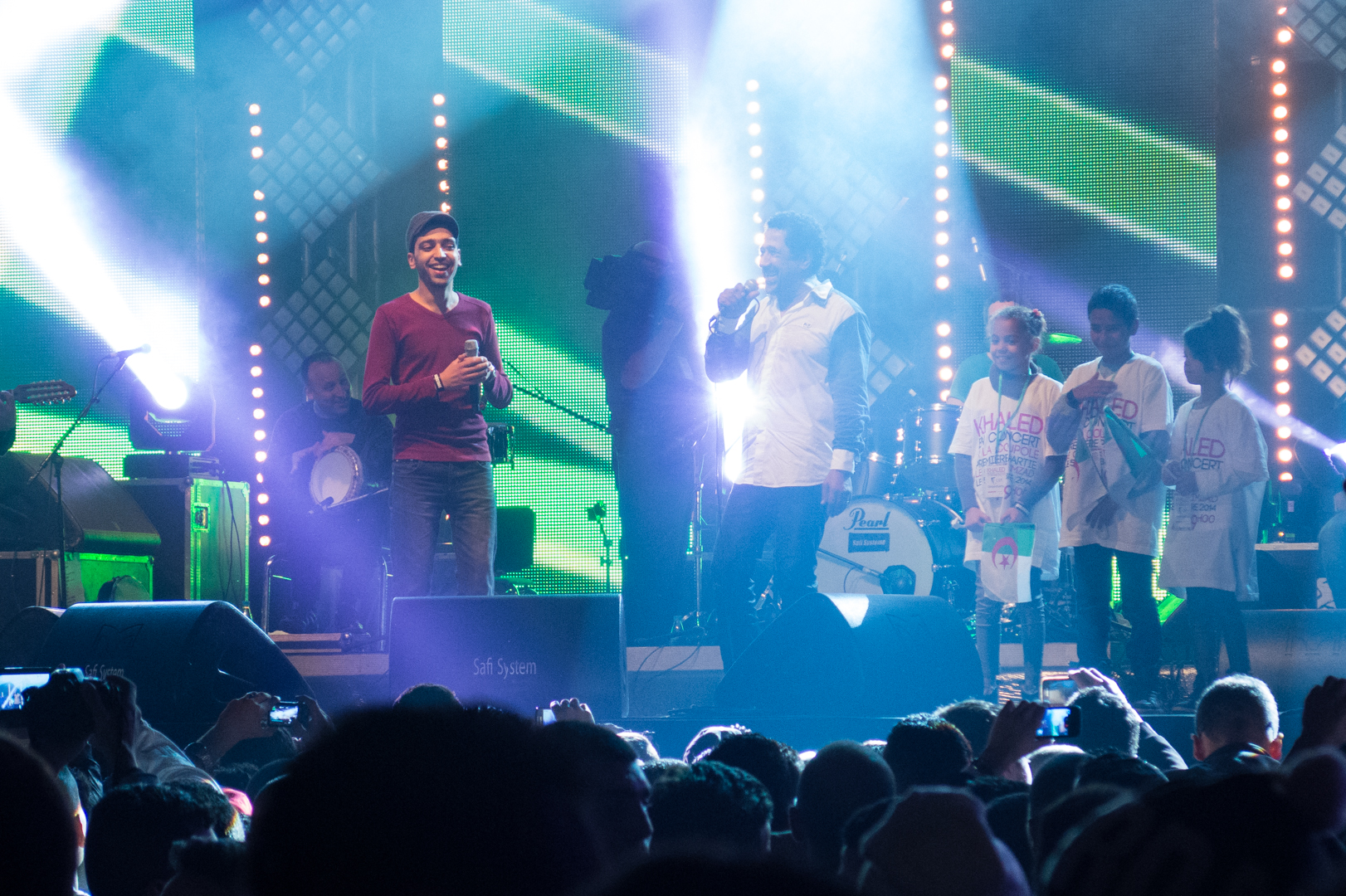|
Bouteldja Belkacem
Bouteldja Belkacem (5 April 1947 – 1 September 2015 in Oran) was an Algerian raï songwriter, lyricist and composer. Biography Bouteldja Belkacem grew up in the El Hamri neighborhood of Oran in Algeria. He is considered a pillar of modern raï. One of those who modernized the raï with Messaoud Bellemou, in the 1960s, he began to use the accordion in place of the zamr, which allowed a rai performer to play and sing at the same time. But since the accordion could not play quarter tones, Bouteldja transformed it by changing the length of the strips of metal inside, making it compatible with the traditional Algerian melodic system. On 9 December 1965, he recorded at Brahim El Feth's, his first tape followed by a disk with two hits. In 1968, his editor left for Paris, and Belkacem Bouteldja to honor his contract had an obligation to go back and forth to record three discs. In late 1969 his encounter with Messaoud Bellemou upset the traditional raï; their 1974 record marked the ef ... [...More Info...] [...Related Items...] OR: [Wikipedia] [Google] [Baidu] |
Oran
Oran ( ar, وَهران, Wahrān) is a major coastal city located in the north-west of Algeria. It is considered the second most important city of Algeria after the capital Algiers, due to its population and commercial, industrial, and cultural importance. It is west-south-west from Algiers. The total population of the city was 803,329 in 2008, while the metropolitan area has a population of approximately 1,500,000 making it the second-largest city in Algeria. Etymology The word ''Wahran'' comes from the Berber expression ''wa - iharan'' (place of lions). A locally popular legend tells that in the period around AD 900, there were sightings of Barbary lion, Barbary lions in the area. The last two lions were killed on a mountain near Oran, and it became known as ''la montagne des lions'' ("The Mountain of Lions"). Two giant lion statues stand in front of Oran's city hall, symbolizing the city. History Overview During the Roman Empire, a small settlement called ''Unica Colonia'' ... [...More Info...] [...Related Items...] OR: [Wikipedia] [Google] [Baidu] |
Cheb Nasro
Nasereddine Souïdi ( ar, نصر الدين اسويدي, born 30 November 1969), known as Cheb Nasro and after Nasro (Arabic:نصرو) is raï most prolific artist with more than 131 albums to his credit. Nasro has recorded hits including "Ndirek Amour" (I choose you My Love) "Ma Rkhalinich" (Do not Leave Me) and "Enfin Enfin" (finally finally). he is the only Raï artist to sign with an American label, Miles Copeland ARK21/Mondo Melodia. Biography Nasro was born Nasereddine Souidi on 30 November 1969 in Aïn Témouchent and then grew up in the western Algerian city of Oran. His first foray into music came at the age of two when his uncle bought him a drabouka (traditional drum). As a youngster, he often accompanied Cheb Zahounie the wedding makes her solo debut at the age of 17 at a local club Nasro received a standing ovation and was invited to the performances daily from 3 am to 4:00 at the club. within a year, he recorded his debut album and had begun to perform throughou ... [...More Info...] [...Related Items...] OR: [Wikipedia] [Google] [Baidu] |
Algerian Songwriters
Algerian may refer to: * Something of, or related to Algeria * Algerian people, a person or people from Algeria, or of Algerian descent * Algerian cuisine * Algerian culture * Algerian Islamic reference * Algerian Mus'haf * Algerian (solitaire) * Algerian (typeface) See also * * Languages of Algeria * List of Algerians Notable Algerians include: Artists Writers (including poets) *Ferhat Abbas (1899–1985), political leader and essayist *Mohamed Aïchaoui (1921–1959), political leader and journalist *Abdelkader Alloula (born 1939), playwright *Al-Akhd ... {{disambiguation Language and nationality disambiguation pages ... [...More Info...] [...Related Items...] OR: [Wikipedia] [Google] [Baidu] |
21st-century Algerian Male Singers
The 1st century was the century spanning AD 1 ( I) through AD 100 ( C) according to the Julian calendar. It is often written as the or to distinguish it from the 1st century BC (or BCE) which preceded it. The 1st century is considered part of the Classical era, epoch, or historical period. The 1st century also saw the appearance of Christianity. During this period, Europe, North Africa and the Near East fell under increasing domination by the Roman Empire, which continued expanding, most notably conquering Britain under the emperor Claudius (AD 43). The reforms introduced by Augustus during his long reign stabilized the empire after the turmoil of the previous century's civil wars. Later in the century the Julio-Claudian dynasty, which had been founded by Augustus, came to an end with the suicide of Nero in AD 68. There followed the famous Year of Four Emperors, a brief period of civil war and instability, which was finally brought to an end by Vespasian, ninth Roman emperor, a ... [...More Info...] [...Related Items...] OR: [Wikipedia] [Google] [Baidu] |
Musicians From Oran
A musician is a person who composes, conducts, or performs music. According to the United States Employment Service, "musician" is a general term used to designate one who follows music as a profession. Musicians include songwriters who write both music and lyrics for songs, conductors who direct a musical performance, or performers who perform for an audience. A music performer is generally either a singer who provides vocals or an instrumentalist who plays a musical instrument. Musicians may perform on their own or as part of a group, band or orchestra. Musicians specialize in a musical style, and some musicians play in a variety of different styles depending on cultures and background. A musician who records and releases music can be known as a recording artist. Types Composer A composer is a musician who creates musical compositions. The title is principally used for those who write classical music or film music. Those who write the music for popular songs may be ... [...More Info...] [...Related Items...] OR: [Wikipedia] [Google] [Baidu] |
Raï Musicians
Raï (, ; ar, راي, Latn, ar, rāʾy, ), sometimes written rai, is a form of Algerian folk music that dates back to the 1920s. Singers of Raï are called ''cheb'' (Arabic: شاب) (or ''shabab,'' i.e. young) as opposed to ''sheikh'' (Arabic: شيخ) (''shaykh'', i.e. old), the name given to Chaabi singers. The tradition arose in the city of Oran, primarily among the poor. Traditionally sung by men, by the end of the 20th century, female singers had become common. The lyrics of Raï have concerned social issues such as disease and the policing of European colonies that affected native populations.Gross, Joan, David McMurray, and Ted Swedenburg. "Arab Noise and Ramadan Nights: Raï, Rap, and Franco-Maghrebi Identities." Diaspora 3:1 (1994): 3- 39. Reprinted in The Anthropology of Globalization: A Reader, ed. by Jonathan Xavier and Renato Rosaldo, History Origins Raï is a type of Algerian popular music that arose in the 1920s in the port city of Oran, and that self-conscio ... [...More Info...] [...Related Items...] OR: [Wikipedia] [Google] [Baidu] |
2015 Deaths
This is a list of deaths of notable people, organised by year. New deaths articles are added to their respective month (e.g., Deaths in ) and then linked here. 2022 2021 2020 2019 2018 2017 2016 2015 2014 2013 2012 2011 2010 2009 2008 2007 2006 2005 2004 2003 2002 2001 2000 1999 1998 1997 1996 1995 1994 1993 1992 1991 1990 1989 1988 1987 See also * Lists of deaths by day The following pages, corresponding to the Gregorian calendar, list the historical events, births, deaths, and holidays and observances of the specified day of the year: Footnotes See also * Leap year * List of calendars * List of non-standard ... * Deaths by year {{DEFAULTSORT:deaths by year ... [...More Info...] [...Related Items...] OR: [Wikipedia] [Google] [Baidu] |
Cheb Hasni
Cheb Hasni ( ar, الشاب حسني), born Hasni Chakroun ( ar, حسني شقرون), (1 February 1968 – 29 September 1994), was an Algerian raï singer. He was popular across the Maghreb, having reached the height of his career in the late 1980s and early 1990s. He was the son of a welder and grew up in a working-class family where he was one of seven children. Hasni is most well known for his love songs, but he also dealt with taboo subjects such as divorce, romance and alcohol. He was murdered in 1994. Hasni's controversial lyrical content (particularly those on the 1987 hit song "El Baraka", which contained lyrics about drunken sexual intercourse) had drawn the ire of fanatic Islamist fundamentalists in Algeria and it is believed he was murdered as a result. Early career Born in Oran, Algeria, Cheb Hasni was interested in performing from an early age. In an interview published in the French newspaper ''Libération'' in 1992, Hasni recounted how "everyone knew me in our n ... [...More Info...] [...Related Items...] OR: [Wikipedia] [Google] [Baidu] |
Raï
Raï (, ; ar, راي, Latn, ar, rāʾy, ), sometimes written rai, is a form of Algerian traditional music, folk music that dates back to the 1920s. Singers of Raï are called ''cheb'' (Arabic: شاب) (or ''shabab,'' i.e. young) as opposed to ''sheikh'' (Arabic: شيخ) (''shaykh'', i.e. old), the name given to Chaabi (music), Chaabi singers. The tradition arose in the city of Oran, primarily among the poor. Traditionally sung by men, by the end of the 20th century, female singers had become common. The lyrics of Raï have concerned social issues such as disease and the policing of European colonies that affected native populations.Gross, Joan, David McMurray, and Ted Swedenburg. "Arab Noise and Ramadan Nights: Raï, Rap, and Franco-Maghrebi Identities." Diaspora 3:1 (1994): 3- 39. Reprinted in The Anthropology of Globalization: A Reader, ed. by Jonathan Xavier and Renato Rosaldo, History Origins Raï is a type of Algerian popular music that arose in the 1920s in the port ... [...More Info...] [...Related Items...] OR: [Wikipedia] [Google] [Baidu] |
Khaled (musician)
Khaled Hadj Ibrahim ( ar, خالد حاج إبراهيم, ; born 29 February 1960), better known by his mononym Khaled ( ar, link=no, خالد), is an Algerian raï singer, musician and songwriter born in Oran. He began recording in his early teens under the name Cheb Khaled (, Arabic for "Young" Khaled, with "Cheb" as a common title for male Raï singers). Khaled is one of the most important musicians in the history of Raï music in his native Algeria and is one the world's best-known Arab singers. To date, Khaled has sold over 80.5 million albums (10 diamond, platinum, and gold) worldwide, making him one of the bestselling Arabic-language singers in history. Among his most famous songs are "Aïcha", "Didi", "El Arbi", " Abdel Kader", "La Poupée qui fait non", "Wahran Wahran", "Bakhta", "C'est la vie", and "Alech Taadi". He holds the Guinness World Record for Best-selling artist of raï music. Early life Khaled Hadj Ibrahim was born on 29 February 1960 in Oran's Eckmüh ... [...More Info...] [...Related Items...] OR: [Wikipedia] [Google] [Baidu] |




